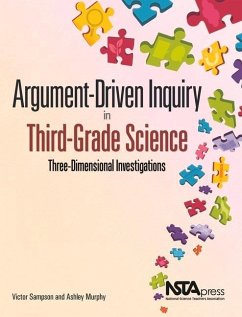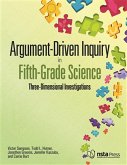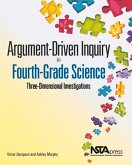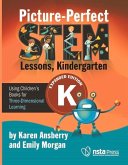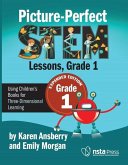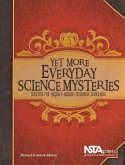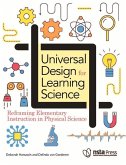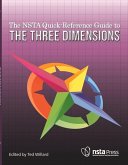"This book not only describes how argument-driven inquiry (ADI) works and why it is important, but also provides 14 investigations that can be used in the classroom to help students reach the performance expectations found in the Next Generation Science Standards (NGSS Lead States 2013; henceforth referred to as the NGSS) for 3rd grade . The fourteen investigations described in this book will also enable students to develop the disciplinary-based literacy skills outlined in the Common Core State Standards for English language arts (NGAC and CCSSO 2010) because ADI gives students an opportunity to give presentations to their peers, respond to audience questions and critiques, and then write, evaluate, and revise reports as part of each investigation. In addition, these investigations will help students learn many of the mathematical ideas and practices outlined in the Common Core State Standards for mathematics (NGAC and CCSSO 2010) because ADI gives students an opportunity to use mathematics to collect, analyze, and interpret data. Finally, and perhaps most importantly, ADI can help emerging bilingual students meet the English Language Proficiency Standards (CCSSO 2010 2014) because it provides a language-rich context where children can use receptive and productive language to communicate and to negotiate meaning with others. Teachers can therefore use these investigations to align how and what they teach with current recommendations for improving science education"--

